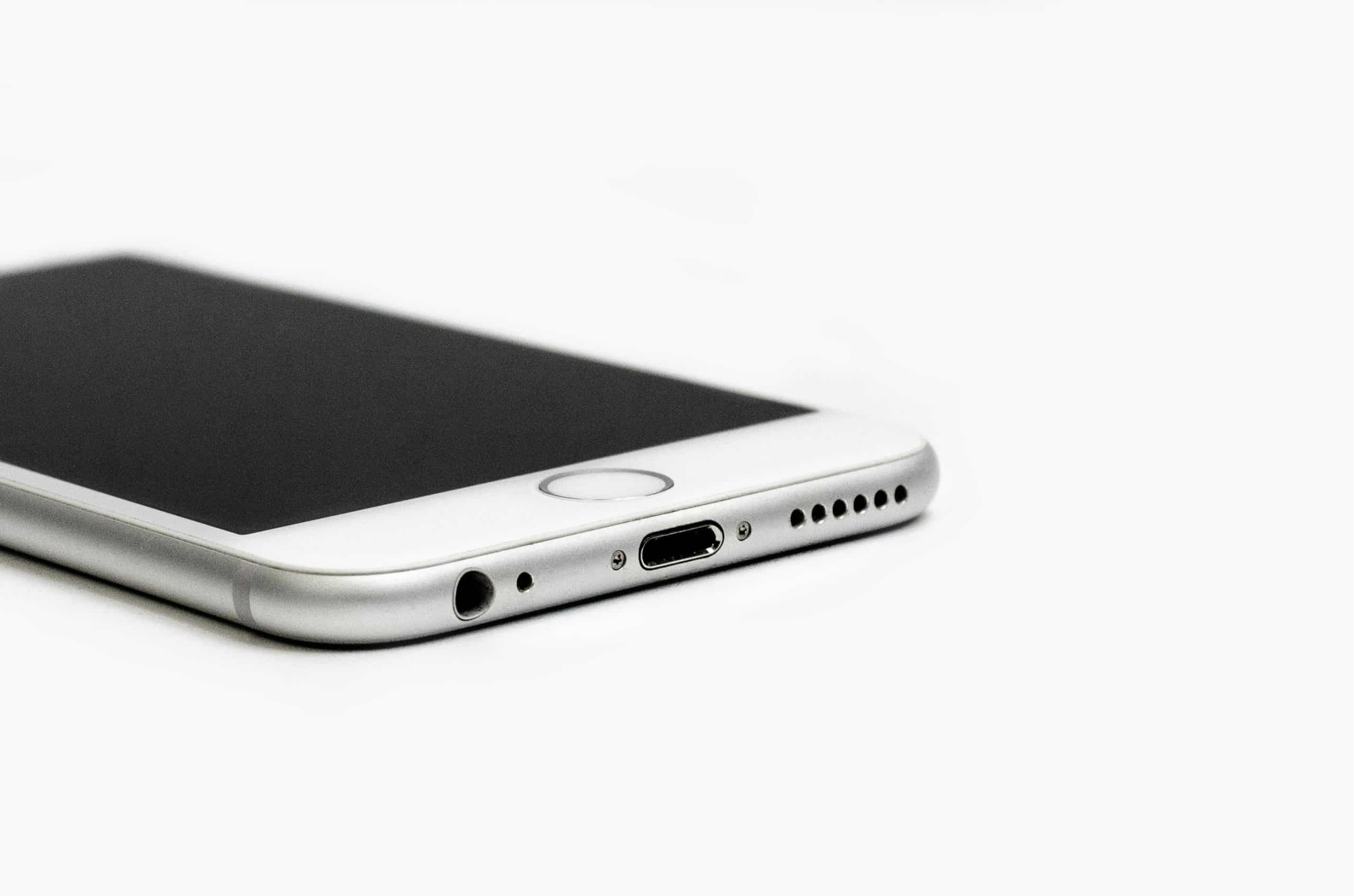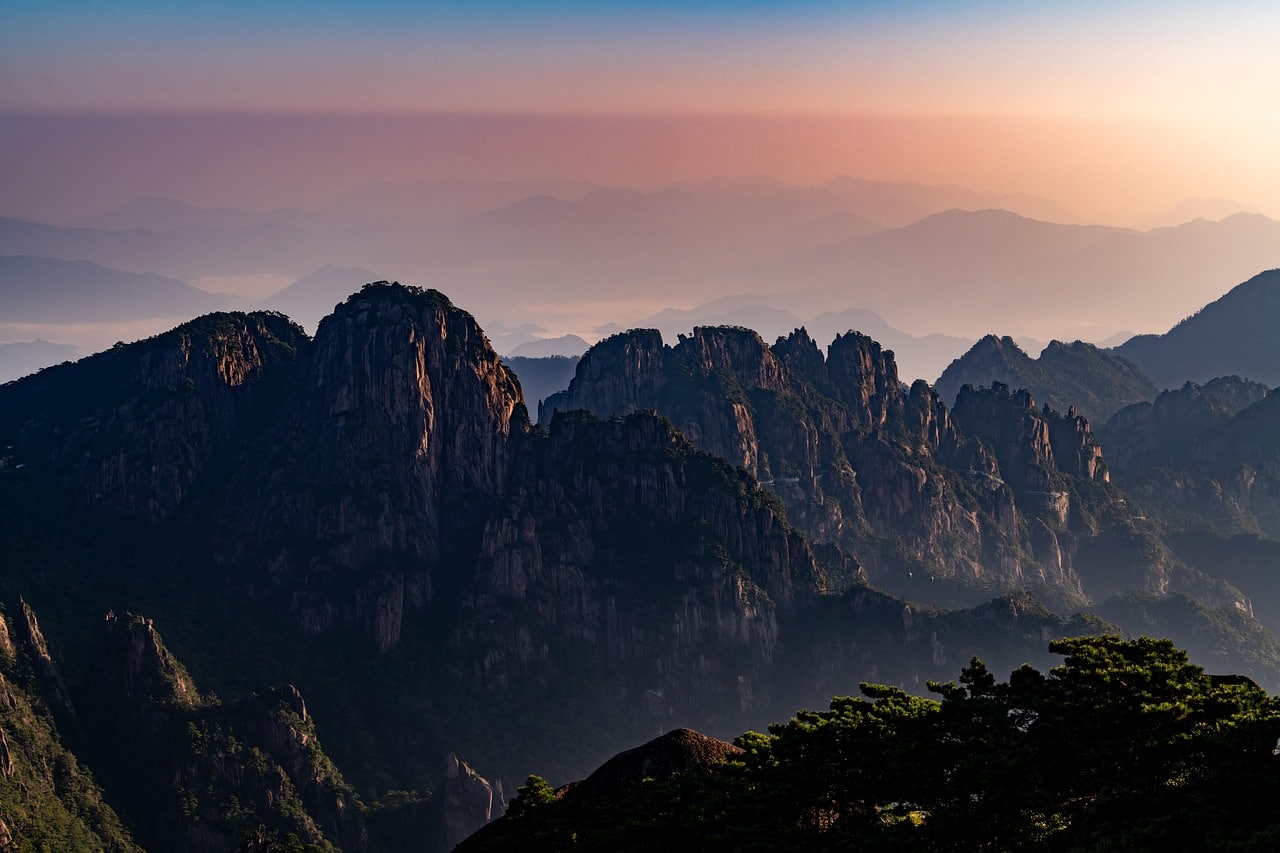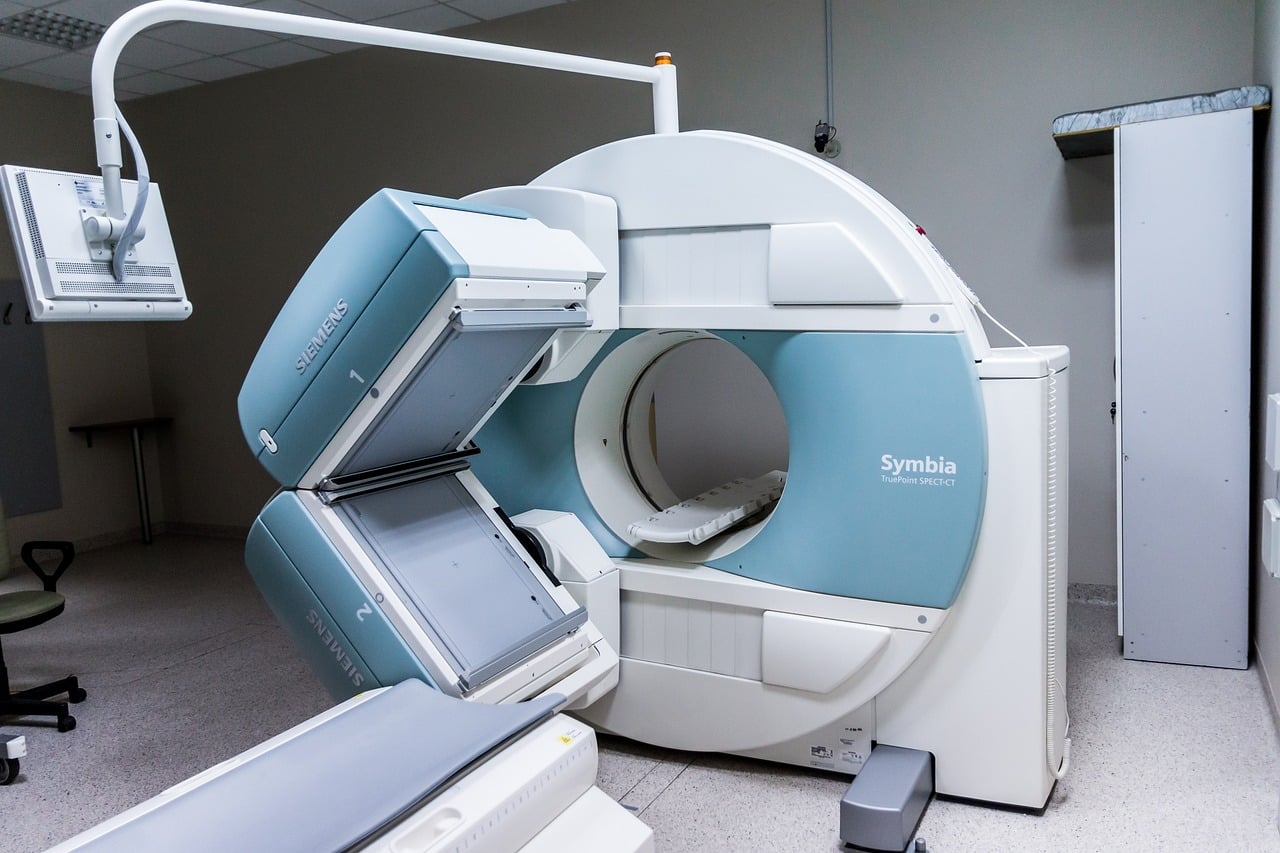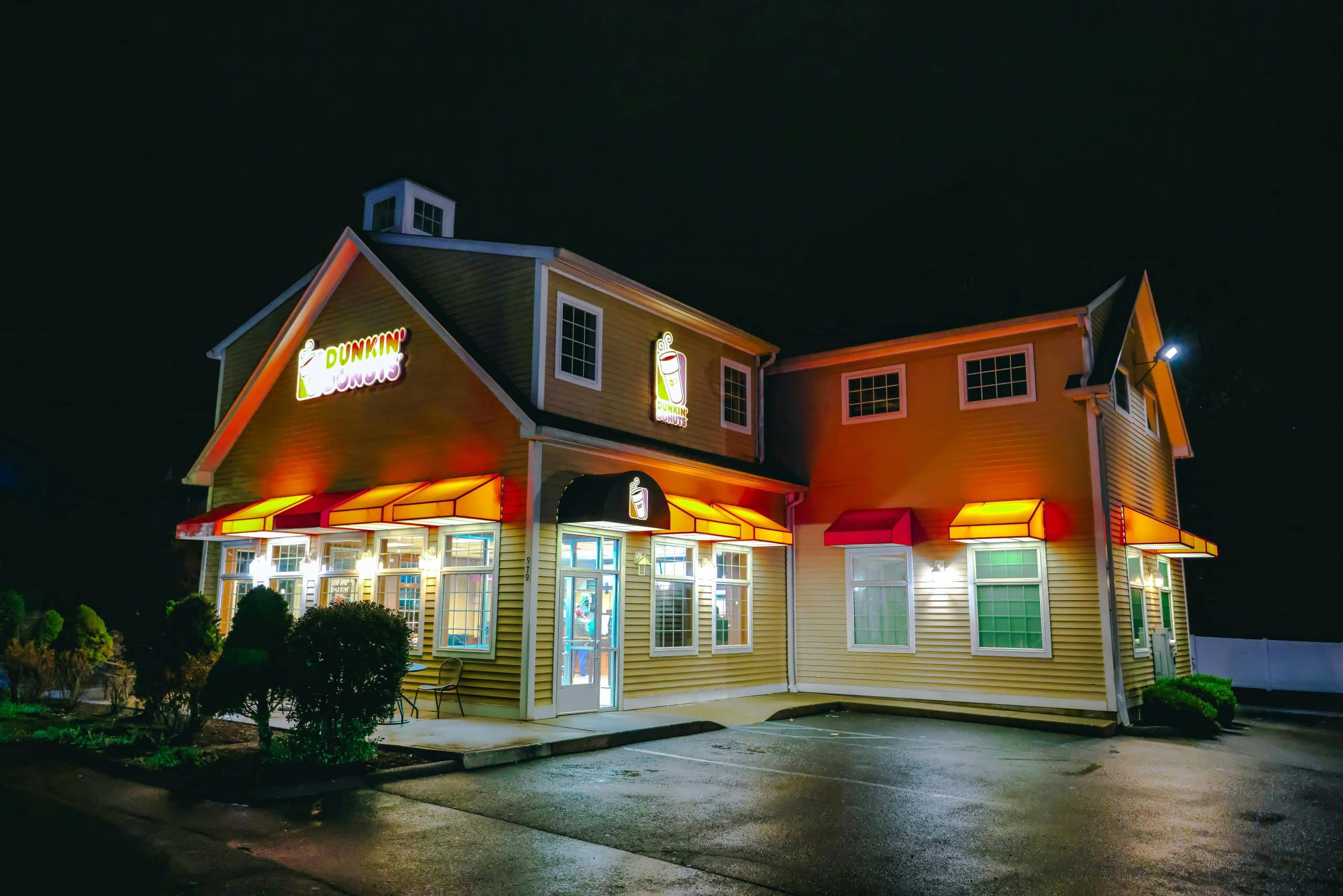Alberto Fujimori, the former President of Peru from 1990 to 2000, passed away today at the age of 86 after a long battle with cancer. His daughter Keiko Fujimori, the former First Lady of Peru during her father’s presidency, a former three-time candidate for the country’s presidency, and the current leader of the country’s Popular Force party, announced the news of her father’s death on X earlier this evening.
Alberto Fujimori’s death comes ten months after he was granted a pardon from Peru’s Constitutional Court and released from Lima’s Barbadillo prison, where he had been serving a sentence since 2009 after being convicted on charges of corruption, abuse of power, and human rights abuses that occurred during his time as president. Fujimori had been sentenced to 25 years in prison for these charges, but the court granted him a humanitarian pardon on account of his failing health.
Fujimori leaves behind a complicated legacy. For supporters, he was a powerful leader who took down a left-wing insurgency that had been terrorizing the country and revitalized the Peruvian economy that had been ravaged by rampant hyperinflation. For opponents, he was a strongman who used military force to silence opponents, engaged in rampant corruption, and was responsible for numerous human rights abuses.
Alberto Fujimori’s Presidency
Alberto Fujimori was first elected president in 1990 as the candidate for the Cambio 90 (Change 90) party, defeating author Mario Vargas Llosa of the FREDEMO or Democratic Front party 62% to 38% in the runoff election. When he took office, Fujimori reined in the hyperinflation present in the country’s economy at the time via a series of austerity policies known as the “Fujishock.” Fujimori also won national and international praise for taking down Abimael Guzman, the leader of the Maoist Shining Path rebel movement, who had been responsible for tens of thousands of deaths.
Despite these successes, Fujimori’s presidency was not without controversy. His tough crackdown on the Shining Path and another insurgency during his presidency was estimated to have caused the deaths of around 69,000 people. Furthermore, he was accused of rampant corruption during his time in office. In 1992, his wife Susan Higuchi accused him of corruption, saying his family illegally sold clothing to Japan; after the couple divorced, Fujimori replaced Higuchi with their daughter Keiko as First Lady of Peru.
Alberto Fujimori’s presidency came to an end after he ran for and won an unprecedented third term in office. Many people questioned whether doing so was constitutionally legal, and his opponent accused him of electoral fraud. His third term in office was cut short after videos surfaced showing his intelligence chief Vladimiro Montesinos bribing a member of the opposition in the Peruvian congress. Fujimori denied any knowledge of Montesino’s actions, but public opinion soon turned against him.
Sensing public opinion shifting against him, Fujimori fled to Japan and announced his resignation from the presidency in November 2000. The Peruvian congress refused to accept the resignation he presented and instead voted to remove him from office and declare him morally unfit to govern.
Fujimori’s Post-Presidency
For several years after he resigned and was removed from the presidency, Fujimori lived in Japan, but he seemed determined to return to Peruvian politics one day. He traveled Chile while trying to stage a political comeback before Peru’s 2006 presidential election; in 2007, he was arrested in Chile and extradited back to Peru to face charges of corruption and human rights abuses.
In 2009, after a 15-month trial, a three-judge panel found the former president guilty of authorizing a military death squad to combat the Maoist Shining Path rebellion in the 1990s. The tribunal sentenced Fujimori to 25 years in prison; according to The Guardian, this was considered a landmark ruling for human rights cases in Latin America.
Fujimori spent most of the last 15 years of his life in Barbadillo prison in Peru’s capital city of Lima. His daughter, Keiko, unsuccessfully attempted to win the Peruvian presidency in the 2011, 2016, and 2021 elections partly on a platform of securing a presidential pardon for her father. In December 2017, however, Fujimori was taken from prison to the hospital to treat him for health concerns including low blood pressure and abnormal heart rhythm.
After learning that doctors said Fujimori’s illness was incurable, then-President Pedro Pablo Kuczynski issued a pardon for Fujimori because he believed prison presented a “grave risk” to Fujimori’s life. President Kuczynski’s pardon sparked major protests in Lima and was eventually overturned in January 2019. Five years after Fujimori was returned to prison, Peru’s constitutional court reinstated Kuczynski’s pardon and Fujimori was released from prison once again on December 6, 2023.
Final Illness And Death
In May of this year, Fujimori revealed that he was diagnosed with a new malignant tumor. Four months later, on September 11, he passed away at age 86 at Keiko Fujimori’s home in Lima. Keiko tweeted about her father’s passing on X, saying: “After a long battle with cancer, our father, Alberto Fujimori, has just departed to meet the Lord. We ask those who loved him to accompany us with a prayer for the eternal rest of his soul.” Alberto Fujimori is survived by his four children: Keiko, Hiro, Sachie, and Kenji.







